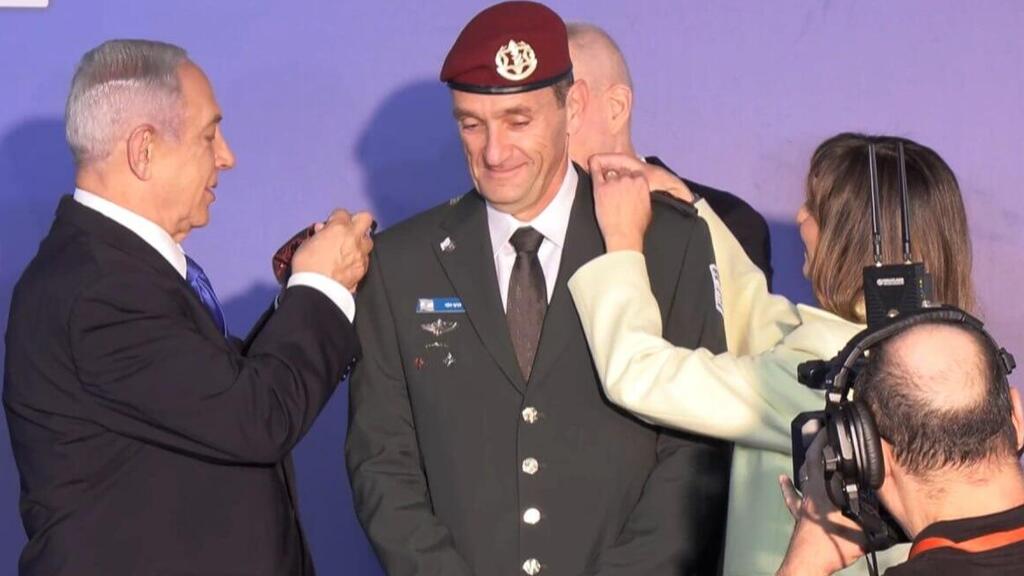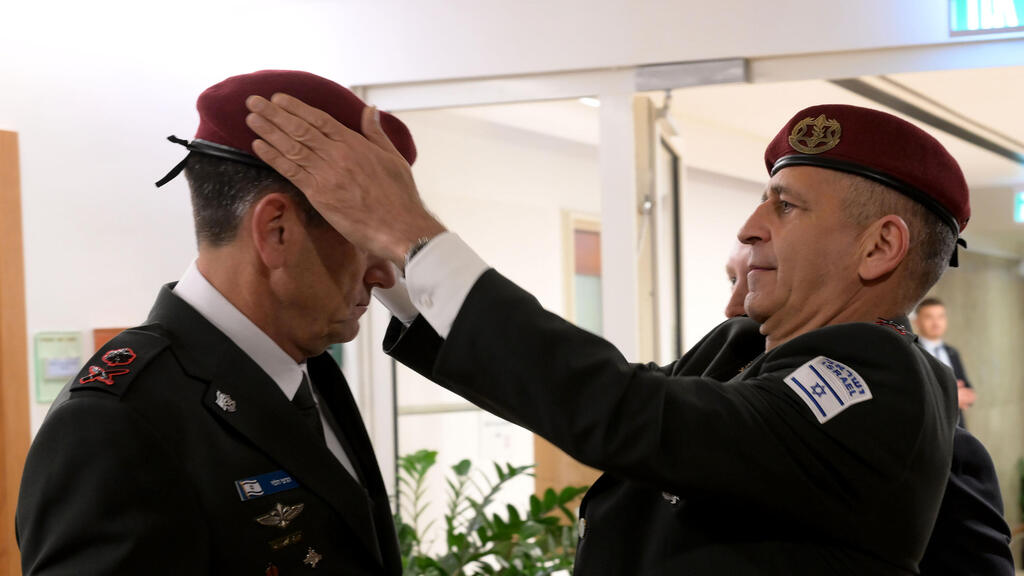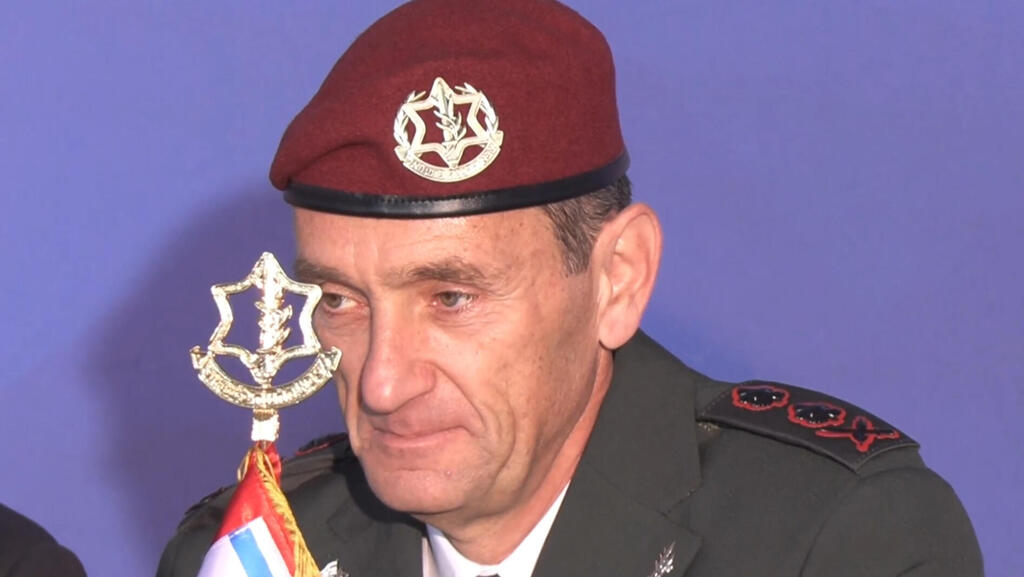Getting your Trinity Audio player ready...
On Monday morning, Lt. Gen. Herzi Halevi officially stepped in as the new IDF chief of staff replacing Aviv Kochavi, who will leave the military after 40 years of service.
Kochavi's term wasn't perfect, and although he had many successes in improving IDF's lethal capabilities and implementing advanced technology, he also left Halevi with many challenges in areas he never paid much attention to. Halevi is also facing hurdles brought upon by the new political reality in the country.
Ahead of the change of guard, Kochavi had attempted to shed some light on how Halevi should deal with the new government and its attempts to be involved in the IDF's internal conduct.
Whether it's a potential transfer of power of the Border Police in the West Bank to National Security Minister Itamar Ben-Gvir, or the restructuring of IDF authority in the West Bank by Finance Minister Bezalel Smotrich - Halevi's friends say he has "the spine of steel."
"Halevi won't allow political officials to mess up the military," one source said. Will it actually be the case? Only time will tell.
In the meanwhile, it should be noted that Halevi did meet with Smotrich ahead of taking office. The meeting was defined as "good" - at least by Smotrich. On the same day, however, the Coordinator for Government Activities in the Territories (COGAT), overseeing Jewish settlements, was stripped of some of its authority - including the power to appoint officers within the unit.
During his tenure, Halevi will face three main operational tasks: Preparing the military for the next war, the Iranian nuclear issue, and the Palestinians. But, above all, he will have to keep the military from crumbling under political pressure.
As far as the Iranian issue, even though the preparedness to attack the country's nuclear targets suffered a setback at the beginning of Kochavi's term, it is now safe to say the plan is "back on track." The only thing that is lacking is the means, which will come in the near future.
When it comes to the Palestinian issue, Halevi will be required to prepare for the worst-case scenario - the collapse of the Palestinian Authority, and a subsequent mass wave of terror that will follow.
Halevi will also have to address mundane matters, which are no less pressing: The condition and quality of the food at military bases, and medical services within the army.
Halevi received a painful reminder of these internal problems only a day earlier when Corporal Dennis Zinoviev died in an accidental grenade explosion at one of the military bases.
Over the past year, some 14 soldiers and officers died in training and road accidents. These events only emphasize the lack of proper discipline in the military, since Kochavi preferred a lenient approach to the punishment of commanders who did not fulfill their duties.
Another important task is formulating a strategy on the issue of manpower shortage in the IDF. Does it mean the military is missing officers? Not yet. Are the crème of the crop choosing to prolong their stay in the army? Absolutely not.
Thus, the IDF needs to implement a wagering agreement with the Finance Ministry to significantly increase the pay of the officers. This is another reason why Halevi should maintain a good relationship with Smotrich.




